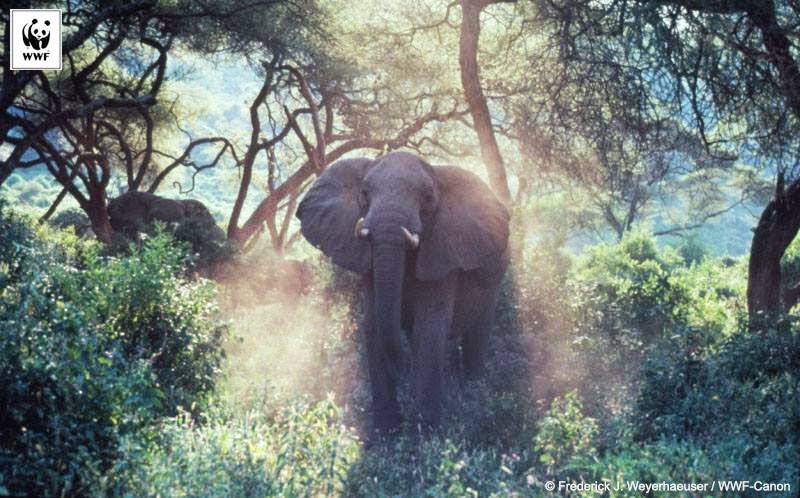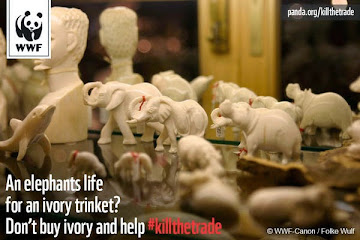On 20 December 2013, at its 68th session, the United Nation
General Assembly (UNGA) decided to proclaim March 3, the day of the adoption of
the Convention on International Trade in Endangered Species of Wild Fauna and
Flora (CITES), as World Wildlife Day, to celebrate and raise awareness of the
World's Wild Fauna and Flora.
#World Wildlife Day (WWD) is observed by all UN Member
States its intention is to celebrate and raise awareness of the world’s wild
fauna and flora this celebration is Annually and on this year also it is
Celebrated on March 2014.
DON’T MISS IT JOIN YOUR HANDS TO PROTECT NATURE
Comment, Like and Share









